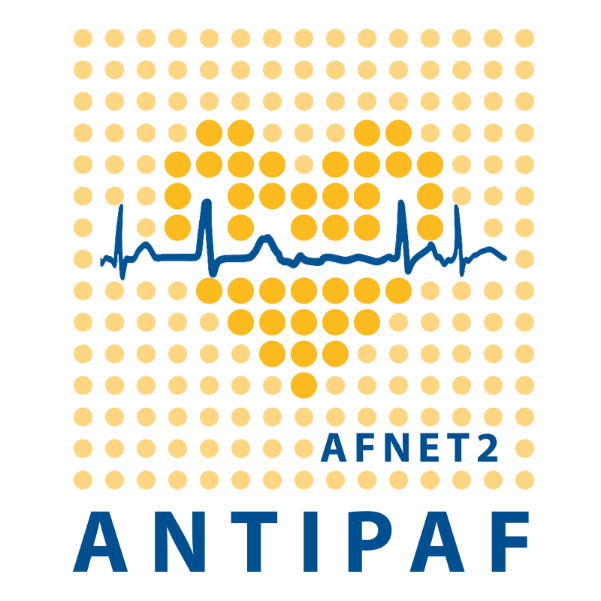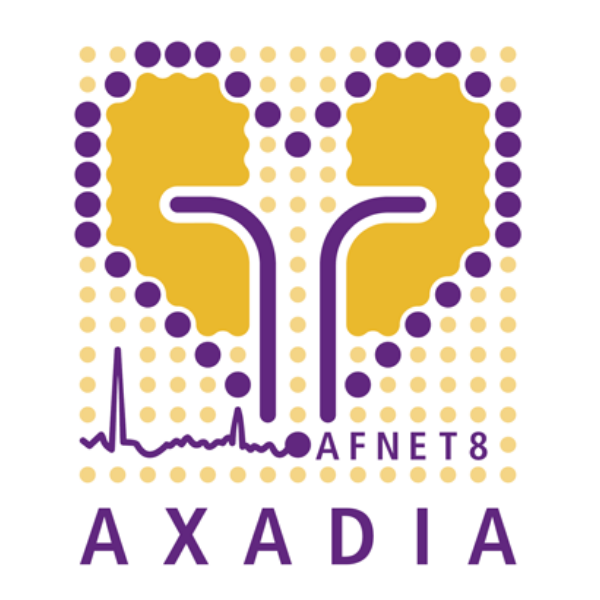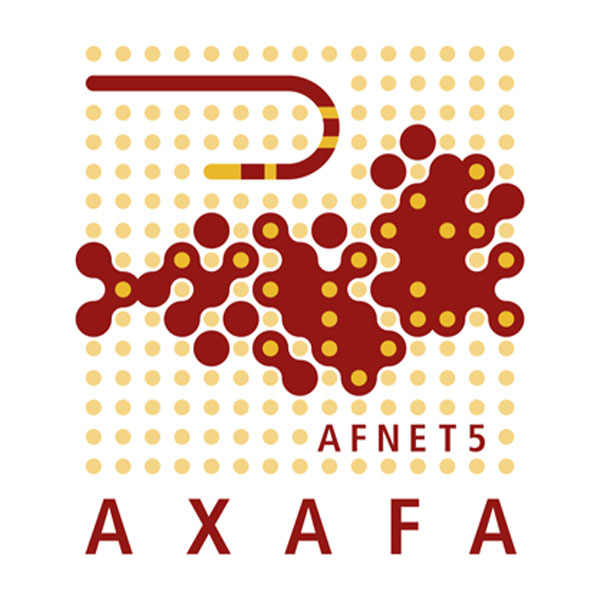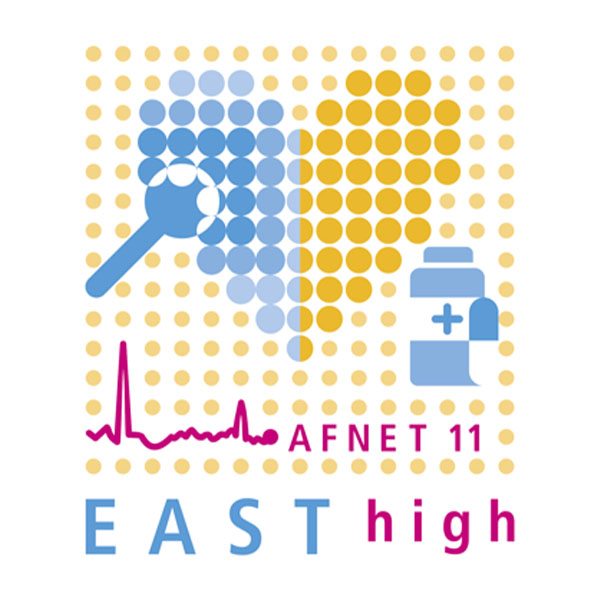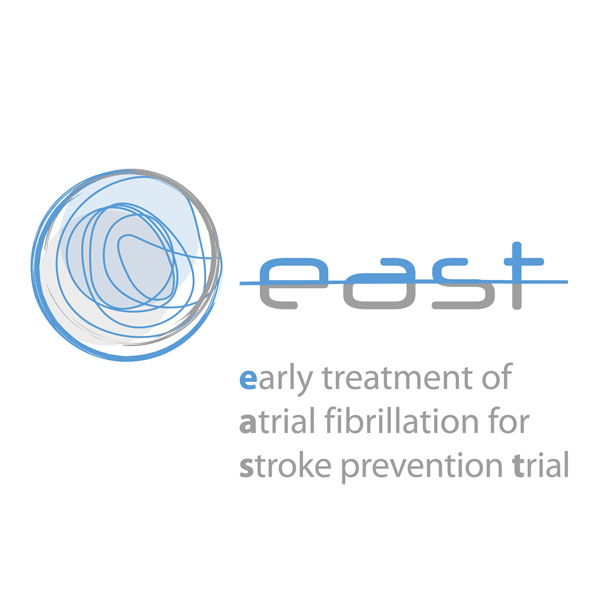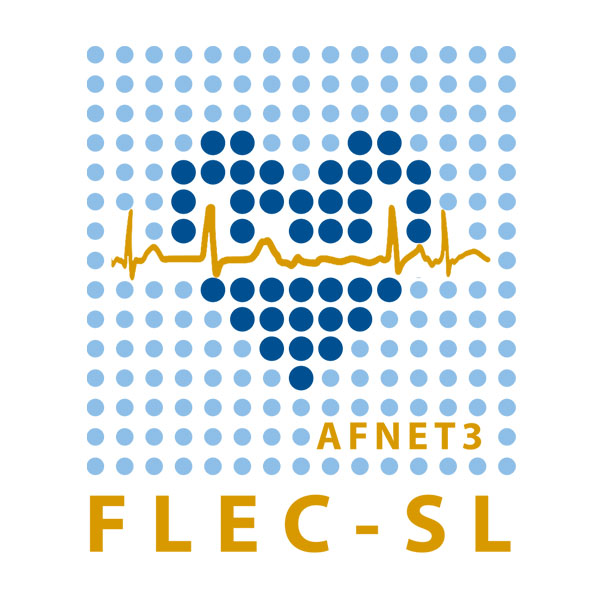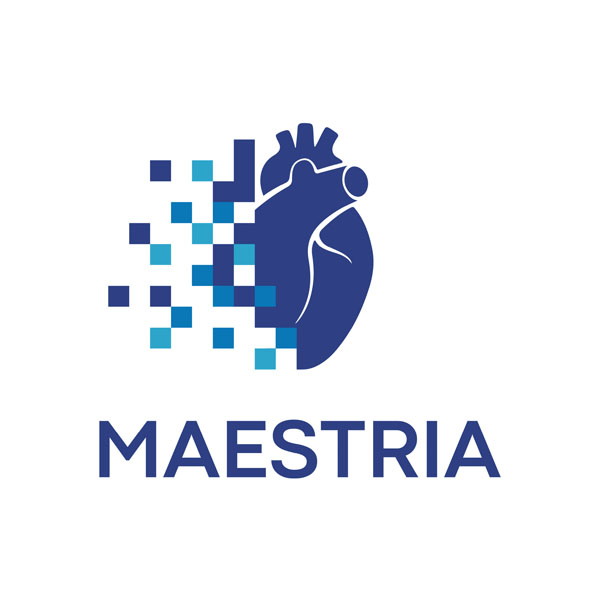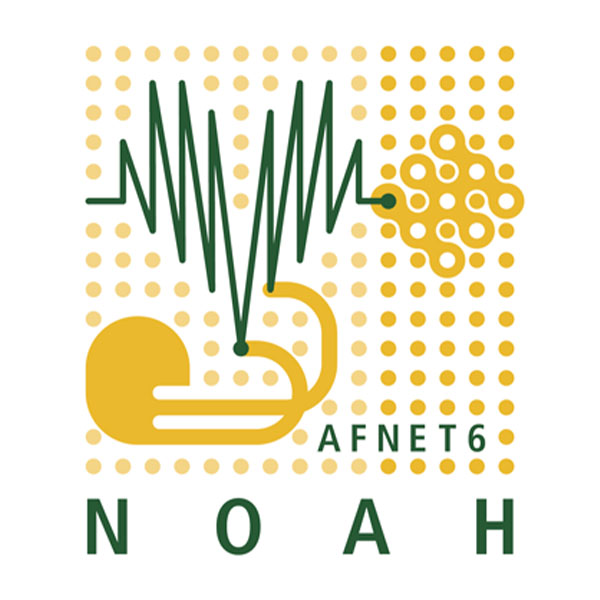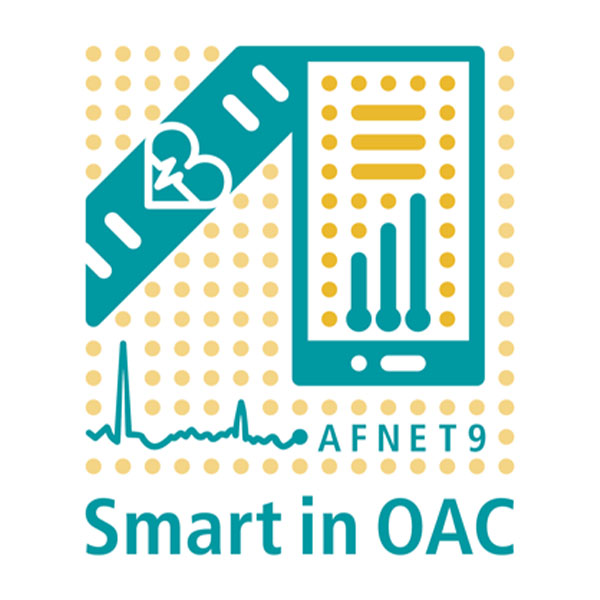
AFNET –
THE ATRIAL FIBRILLATION
NETWORK
The Atrial Fibrillation Network (Kompetenznetz Vorhofflimmern e.V.) is an interdisciplinary research network comprising scientists and physicians from hospitals and practices in Germany and internationally. The aim of the network is to improve the treatment and care of patients with atrial fibrillation and other cardiovascular diseases through coordinated research.
Group photo of the 9th AFNET/EHRA Consensus Conference
NEWS & PRESS RELEASES
MAESTRIA-AFNET 10 – Collection of blood samples
Beiträge AKTUELLES Mo, 07.04.2025 MAESTRIA-AFNET 10 – Collection of blood samples Collection and procedure of…
MAESTRIA-AFNET 10 – 3rd Investigator Meeting
Beiträge AKTUELLES Mo, 07.04.2025 MAESTRIA-AFNET 10 – 3rd Investigator Meeting Prof. Goette emphasized that it…
EAST-STROKE Videointerview
New treatment option for acute stroke in atrial fibrillation in a clinical trial
Prof. Dr. med. Thomas Meinertz
Does early catheter ablation improve outcomes in patients with atrial fibrillation and comorbidities?
Scientific Information
AFNET-Studies improve
heart rhythm management
AFNET represents more than 20 years of expertise in clinical research. All AFNET studies are non-commercial, investigator-initiated controlled clinical trials. The ideas for these studies come from AFNET scientists to answer questions that physicians face in their practice. In all AFNET studies, the association acts as sponsor, and financial support is provided by industry partners and public funding. The AFNET studies demonstrate the added value of independent, investigator-initiated trials (IITs) for clinical progress.
AFNET also acts as a partner in various controlled clinical trials conducted by other sponsors. AFNET provides regulatory project management and assists with other tasks such as the organization of investigator meetings and the preparation of study documents.
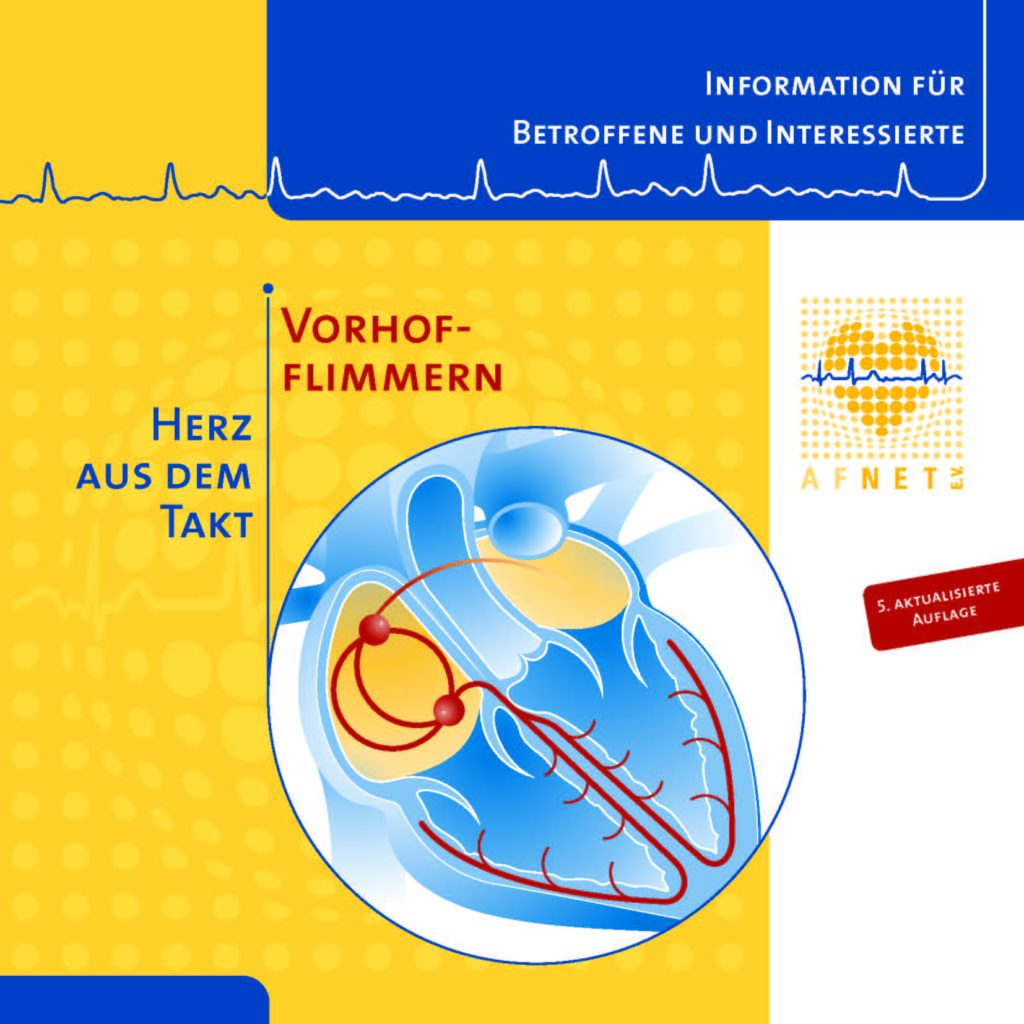
For affected persons:
IMPORTANT INFORMATION
ABOUT ATRIAL FIBRILLATION
Atrial fibrillation is the most common persistent cardiac arrhythmia. In Germany the number of patients with atrial fibrillation is around two million and rising. It mainly affects older people. These patients have an increased risk of strokes and other complications. Effective treatment aims to prevent complications.
In our patient booklet, experienced physicians from the Atrial Fibrillation Network explain what you should know about atrial fibrillation, especially if you are affected by the disease personally.







